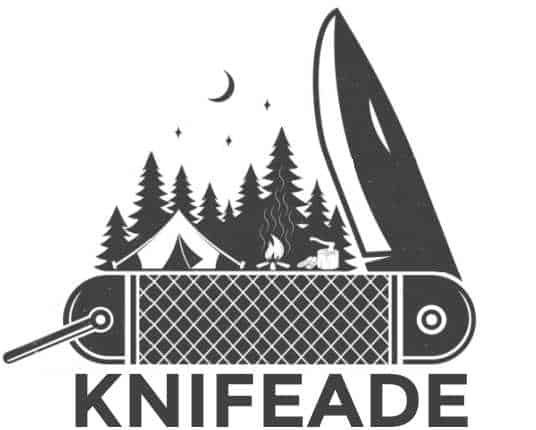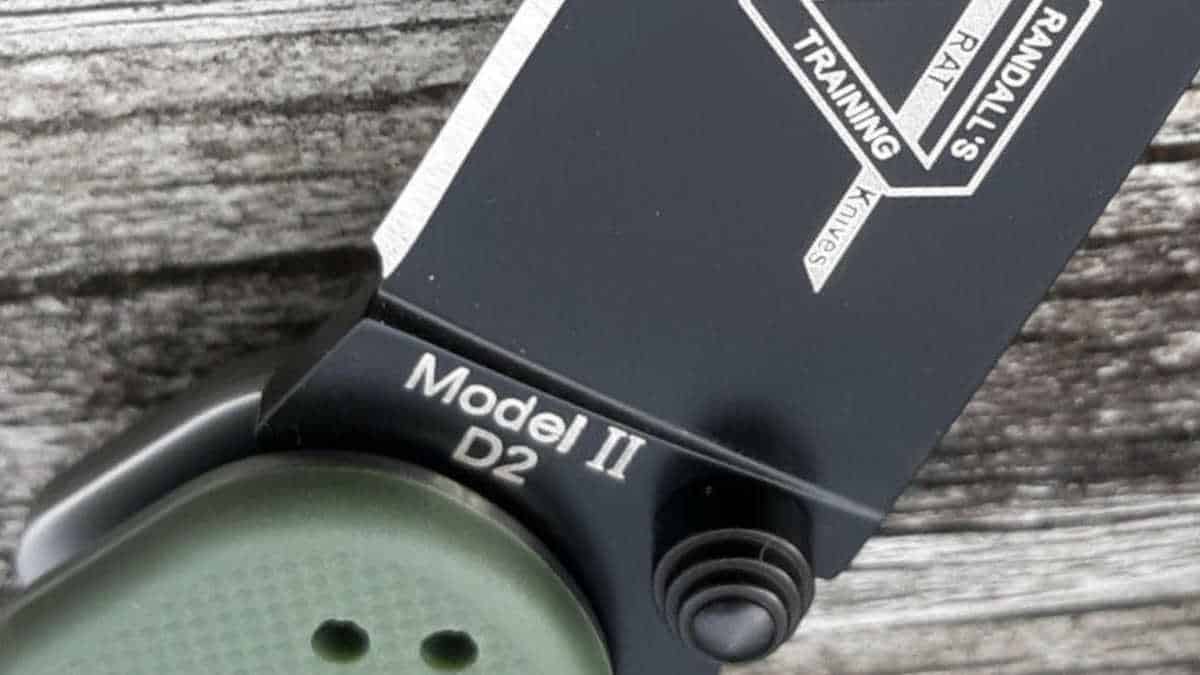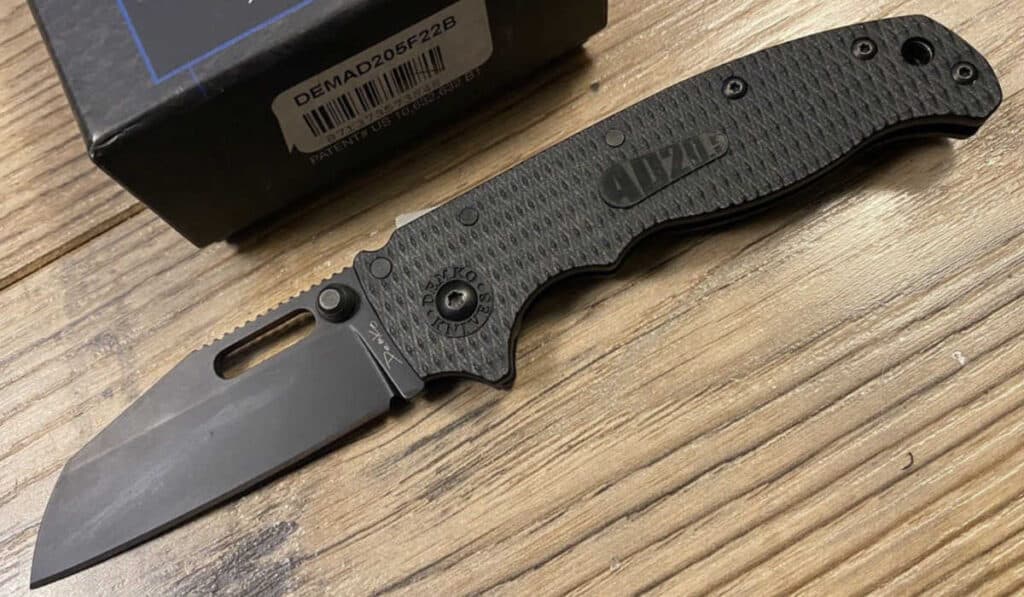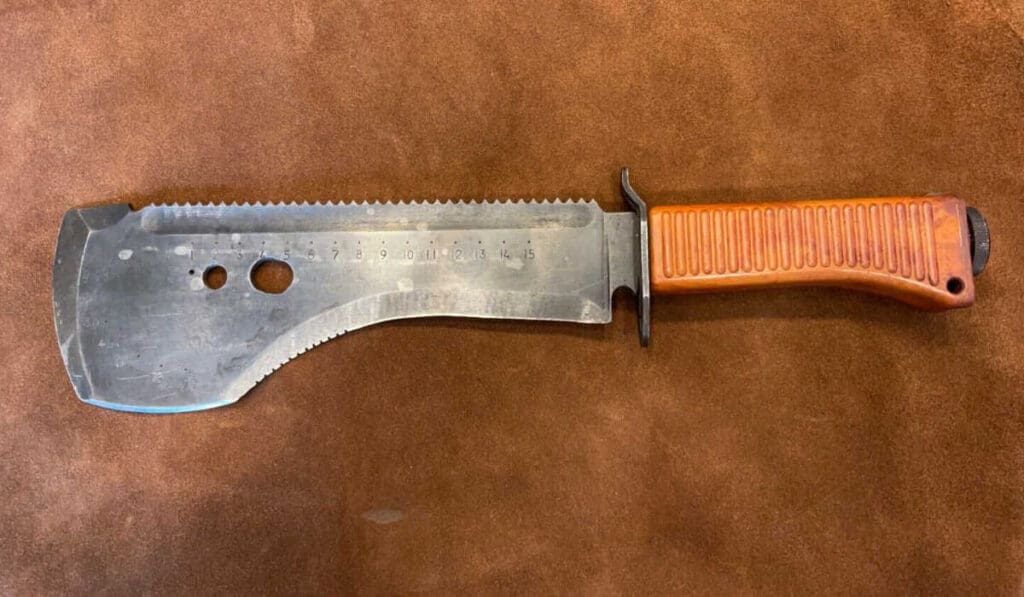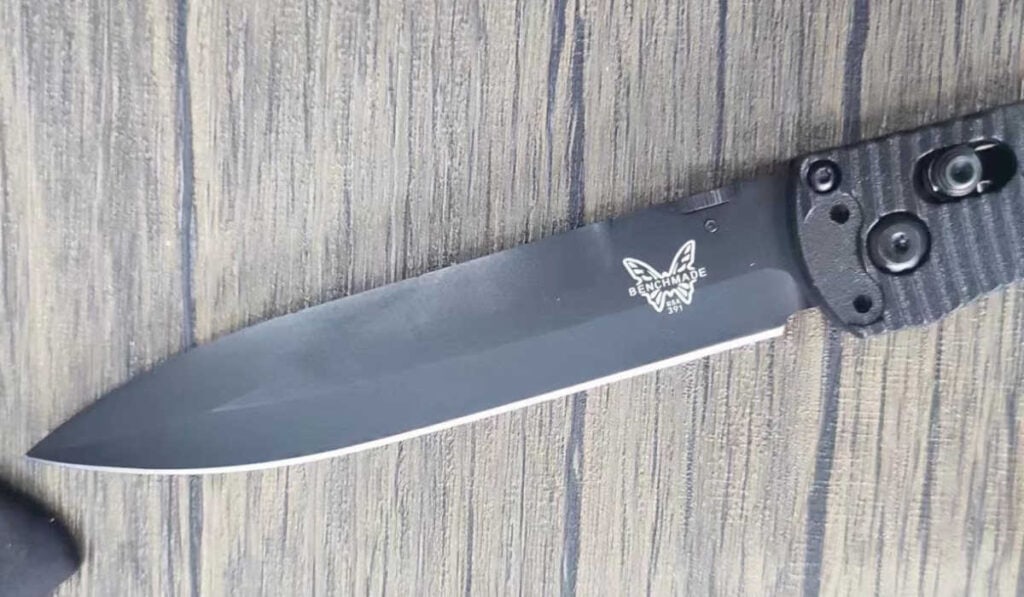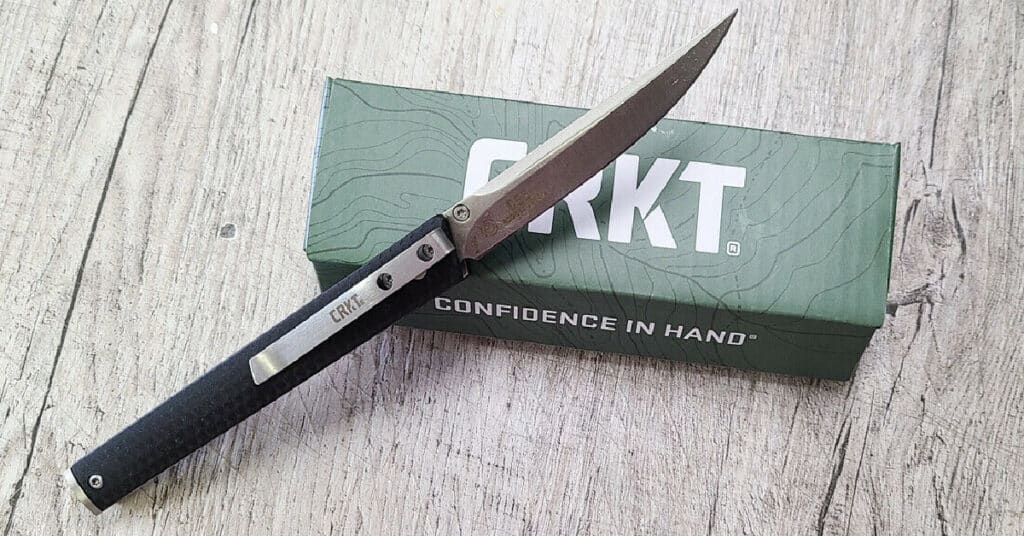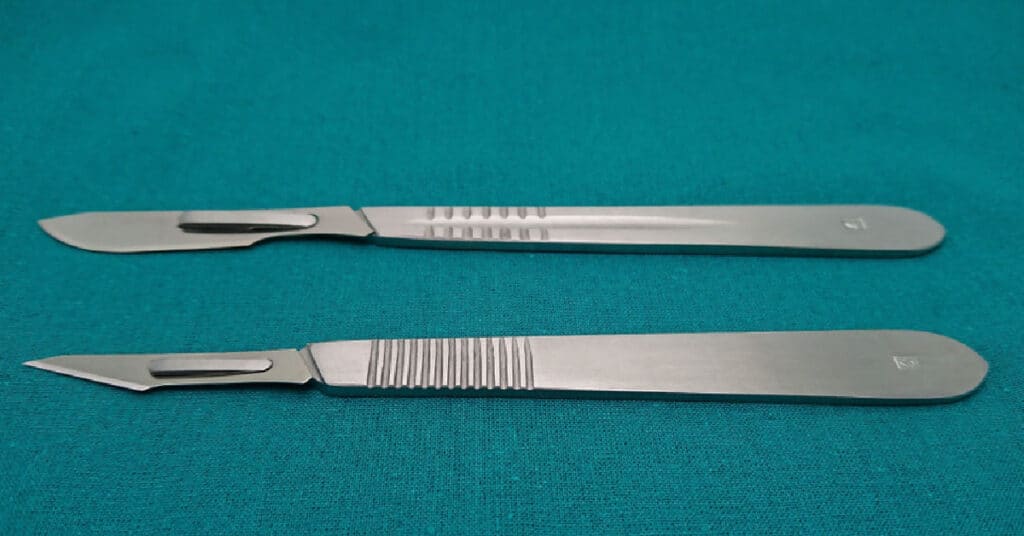Last updated on July 14th, 2023 at 02:42 am
As an Amazon Associate I earn from qualifying purchases.
At A Glance
D2 is a high carbon, high chromium tool steel known for its hardness and good edge retention, but is slightly more prone to chipping and rusting. Conversely, 440C, a high-carbon martensitic stainless steel, offers a balance of hardness, toughness, and corrosion resistance, and is less likely to chip or rust than D2 while also being relatively easy to sharpen. Although D2 tends to be more expensive, both are popular choices for knife blades, with the selection largely dependent on the intended use of the knife and the user’s preferences.
Top Rated Knives
D2 Steel
440C Steel
Blade steel plays a pivotal role in determining the overall performance of a knife. D2 and 440C are two blade steels that are commonly weighed against each other. In this article, we will contrast D2 and 440C regarding their composition, hardness, toughness, corrosion resistance, edge retention, and sharpenability to ascertain which one is superior for knives.
The sphere of knife-making materials can be convoluted, even for the seasoned aficionado and more so for the newcomer.
To facilitate the comprehension of this subject, this article will undertake a comprehensive comparison between two widely used knife steel types: D2 and 440C.
We’ll assess their composition, and their performance in terms of hardness, toughness, corrosion resistance, edge retention, and ease of sharpening to discern which one offers better properties for knife blades.
Steel Background
Before diving into the comparison, it’s pivotal to understand what each steel type is and how they are produced.
D2
D2 is a high carbon, high chromium tool steel often classified as “semi-stainless” because it falls just short of the required amount of chromium (13%) to qualify as full stainless. D2 is known for its high hardness and reasonable corrosion resistance. It has been around for a long time and is popular among both custom knife makers and large production companies.
440C
440C is a high-carbon martensitic stainless steel that is highly respected in the knife industry for its excellent balance of hardness and corrosion resistance. It is one of the 400 series stainless steels, which are known for their corrosion resistance and ease of sharpening.
➤ Read More: Our Full Review of 440C
Steel Composition
The first point of comparison is the chemical composition of each steel.
D2
- Carbon: 1.5%
- Chromium: 12%
- Molybdenum: 1%
- Vanadium: 1%
- Manganese: 0.6%
- Silicon: 0.6%
- Iron: Balance
440C
- Carbon: 0.95-1.20%
- Chromium: 16-18%
- Molybdenum: 0.75%
- Manganese: 1.0%
- Silicon: 1.0%
- Iron: Balance
From the composition, it’s clear that 440C has less Carbon but more Chromium than D2, contributing to its better corrosion resistance but similar hardness.
D2 vs 440C – Complete Comparison
Hardness
Hardness is a critical factor for knife steel as it directly influences edge retention and wear resistance.
D2, with a Rockwell hardness (HRC) of 55-62, is one of the hardest steels available. It offers high wear resistance and can maintain an edge for a long time.
440C, with a Rockwell hardness (HRC) of 58-60, offers similar hardness as D2 but tends to be slightly less hard. This implies that it may not retain an edge as long as D2, but it is easier to sharpen.
Toughness
Toughness describes a steel’s ability to resist chips and cracks under use.
D2 is known for its hardness but can be more brittle than 440C, leading to possible chipping under heavy use.
440C, on the other hand, offers good toughness, balancing hardness and durability. It’s less prone to chipping or breakage compared to D2, making it suitable for heavy-duty use.
Corrosion Resistance
Corrosion resistance is the ability of a steel to resist rust and oxidation.
D2, while having decent corrosion resistance, is not as corrosion-resistant as 440C. It requires more maintenance to prevent rusting.
440C, with a high chromium content, offers excellent corrosion resistance, superior to D2. It’s well suited for knives that are exposed to humid or wet environments.
Ease of Sharpening
Ease of Sharpening signifies how easy the steel is to sharpen with normal methods. It usually correlates inversely with edge retention and hardness.
D2, due to its high hardness, can be challenging to sharpen, although it retains an edge for a long time.
440C is easier to sharpen due to its balance of hardness and toughness. This makes it a good choice for those who need to frequently sharpen their knives.
Edge Retention
Edge retention is how well a steel maintains its sharpness during use.
D2 offers excellent edge retention owing to its high hardness and carbon content. However, it might be more prone to chipping compared to 440C.
440C offers decent edge retention, although it’s not as good as D2 due to its slightly lower hardness. It provides a good balance of edge retention and ease of sharpening.
Price
D2, being a high-carbon, high-chromium tool steel, is typically more expensive than 440C.
440C, however, is still a high-quality steel and offers good value for its price. It’s often found in mid-range knives and offers good performance for its cost.
Conclusion
Both D2 and 440C are excellent blade steels, each with its strengths and weaknesses. D2 is harder and offers better edge retention but can be more prone to chipping and rusting. It is ideal for knives that need to maintain an edge for a long time and are not exposed to heavy-duty tasks.
440C, on the other hand, provides an excellent balance of hardness, toughness, and corrosion resistance. It’s less likely to chip or rust compared to D2 and is relatively easy to sharpen. It’s an excellent choice for general-purpose knives and those used in various environments.
Ultimately, the choice between D2 and 440C will depend on the intended use of the knife and the user’s preferences. Both steels are popular choices for knives and are used by many knife makers and manufacturers. Always ensure to choose a reputable brand and manufacturer when buying a knife to guarantee the blade steel’s high quality and proper heat treatment.
Do Sheepsfoot Blades Have A Purpose? (Cuz They’re Ugly…)
Spetsnaz Machetes – Blades Of The Russian Special Forces
What Is The Actual Purpose Of A Spear Point Knife Blade?
CRKT CEO Review – Coolest, Most Worthless Knife Ever?
How Sharp Is A Scalpel? (Is It Sharper Than A Razor?)
Can You Shave With A Knife? (Yes, Here’s How)
As an Amazon Associate I earn from qualifying purchases.
